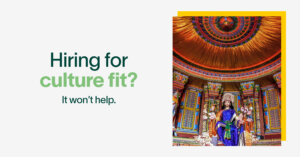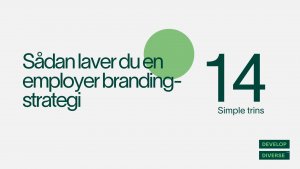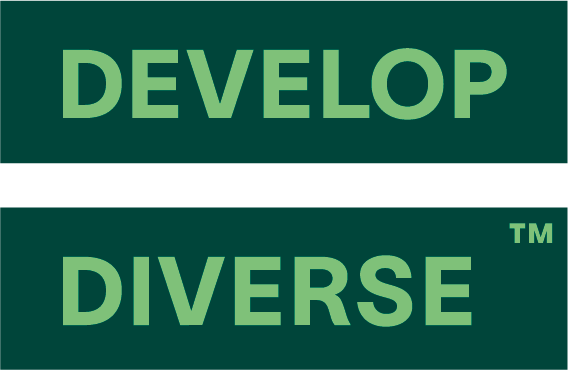As we’re now in 2023, many organisations across Europe are turning their attention to a looming deadline: The upcoming CSR Directive.
But it’s not just about checking in on how green your company is — it also has important implications for how organisations report on their diversity, equity, and inclusion (DEI) initiatives — especially gender equality.
Getting this wrong could be costly. So what’s it all about, and how does it apply to your DEI strategy? And most importantly, what do you need to do to prepare?
What is the CSR Directive?
The CSR Directive is a piece of legislation that requires certain large companies to publicly disclose information on how they operate, and what they’re doing to manage social and environmental challenges.
Under the directive, organisations must report on a range of factors:
- Environmental matters
- Social matters and treatment of employees
- Respect for human rights
- Anti-corruption and bribery
- Diversity on company boards (in terms of age, gender, educational and professional background)
In 2021, the European Commission brought in new amendments to the existing requirements which have expanded the scope of what needs to be reported, and critically, who needs to comply, and by when.
While the original directive applied to companies with over 500 employees, the expanded legislation now includes all companies listed on the EU regulated markets, except for micro-enterprises. The CSR Directive will be implemented in stages from 2024:
- 1st January 2024: Large public-interest companies with over 500 employees which are not already subject to the original non-financial reporting directive will need to report by 2025.
- 1st January 2025: Large companies with more than 250 employees (and/or €40 million in turnover and/or €20 million in total assets will need to report by 2026.
- 1st January 2026: Listed SMEs and other businesses will need to report by 2027.
“The CSR Directive supports the EU Green Deal to bring more transparency to how organisations report on their sustainability efforts,” explains Rya Lene Terney, Chief CSR and Sustainability Officer at AP Pension. “Under the expanded requirements, organisations must adopt a limited level of assurance, and disclose future targets and KPIs.
“There’s also the double materiality assessment, where you not only have to look at the impact your company has on people and the environment, but also how the core issues of the CSR Directive might create financial risks for your company. This requires you to ask both internal and external stakeholders, customers, suppliers, NGOs — all the different businesses you interact with. Organisations must identify their biggest areas of impact.”
What does the CSR Directive mean for diversity, equity and inclusion reporting?
With clauses focused around treatment of employees and company board diversity, the CSR Directive also requires organisations to be evaluated based on their non-financial performance.
This means organisations will be held accountable on the extent to which they’re providing a diverse, inclusive, and equitable place to work for their employees.
“It will become mandatory for every company to adhere to the reporting standards and KPIs relating to their own workforce,” says Rya. “For example, companies must report on what their gender balance looks like, whether or not they have facilities to support disabled workers. They’ll have to disclose if they reduce pay as a disciplinary procedure, and what professional background their employees are from.”
“And it isn’t just about reporting what your current workforce looks like — it’ll also be important to publicly disclose future targets and KPIs,” Rya adds. “This will be a significant change to what organisations might be used to before. Organisations can’t just report on what they’re doing well — they must report publicly on the facts, good and bad.”
New legislation passed in November 2022 has also added an extended focus to enforcing gender equality. Organisations are already mandated to report on their gender equality across the whole company. But from 2026, organisations must show a more equal composition in their board, with 40% women represented at non-executive director level, and 33% at director level.
To meet these challenges, organisations must focus on building HR infrastructure, implementing processes and tooling to enable effective data reporting on DEI, and set robust KPIs with regard to their DEI strategy. They must also set processes that enable them to hit those KPIs across their entire employee lifecycle, including recruitment, development and progression, and employee experience.
Making your company CSR Directive-ready on DEI
As the expanded scope of the CSR Directive comes into effect, organisations will no longer be able to say they’re diverse and inclusive — they’ll have to be able to prove it.
We can help. Develop Diverse is an inclusive communication tool that helps organisations attract and retain a more diverse workforce through their employer branding and recruiting processes. With our science-backed inclusive language platform, you can create inclusive, repeatable job adverts, and scale education and awareness across your team, measurably.
Book a free demo today!





